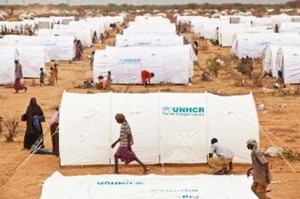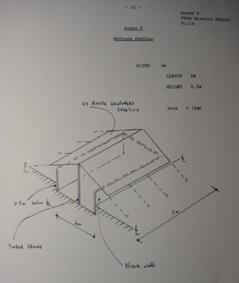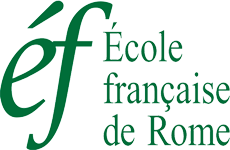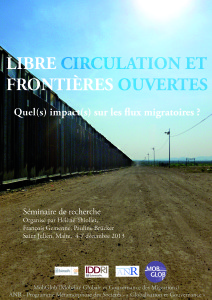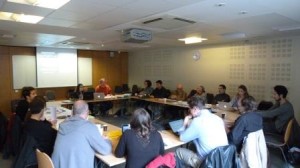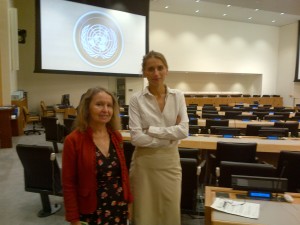Hélène Thiollet presents her paper « Resilient Residents: Immigration and Migration Policies in Saudi Arabia »
European University Institute Robert Schuman Centre for Advanced Studies
Thursday 24 April, 14-16h. – Badia Fiesolana, Seminar Room 2.
link to seminar.
Poster9_Print
This paper focuses on the social, demographic and political changes induced by migration in migrants’ communities settled in the GCC countries or transiting through them. Its main finding is to conceptualize migration as a social transformation process in the Saudi (and GCC) context. It emphasizes 1. the growing importance of long term residence of documented and undocumented migrants, contrary to popular discourses and representation of immigration as a short-term phenomenon. Recent data allow us to discuss the consequences of “incipient diasporas”(Weiner 1986)[1] in the Gulf 2. the fabric of migration policy is the product of domestic and international negotiation between public and private actors, questioning the classical frameworks of analysis of politics in the Gulf context (patrimonial, authoritarian, rentier etc.)
Political and social models of the GCC countries have designed migration as temporary with little of no prospect of legal integration, citizenship and permanent settlement, strongly emphasizing the social and spatial segregation of both categories. Migration management by Gulf states is geared towards “anti integration” policies promoting urban segregation, little access to socio-economic rights and zero access to political rights (Thiollet 2010).
Researchers have emphasized the efficiency of the segregation models, of patterns of social exclusion and xenophobia. But one of the premises of both research and political discourses on migration to the Gulf is that immigrants have very little interaction with their host societies, considering both the policy efforts of the GCC states and ‘the exceptional closure of local societies” (Fargues 2011). Migration theory on the contrary has long been demonstrating the social impact of mobility on both host and home societies, and on migrants communities, looking both qualitatively and quantitatively at the consequences of material, cultural, financial, informational transfers on individuals and groups. Drawing on both quantitative and qualitative data this paper explores the dynamics of social, demographic, political and cultural change induced by long-term sojourn of immigrants in the Middle East with a particular focus on migrants’ communities in the GCC countries.

